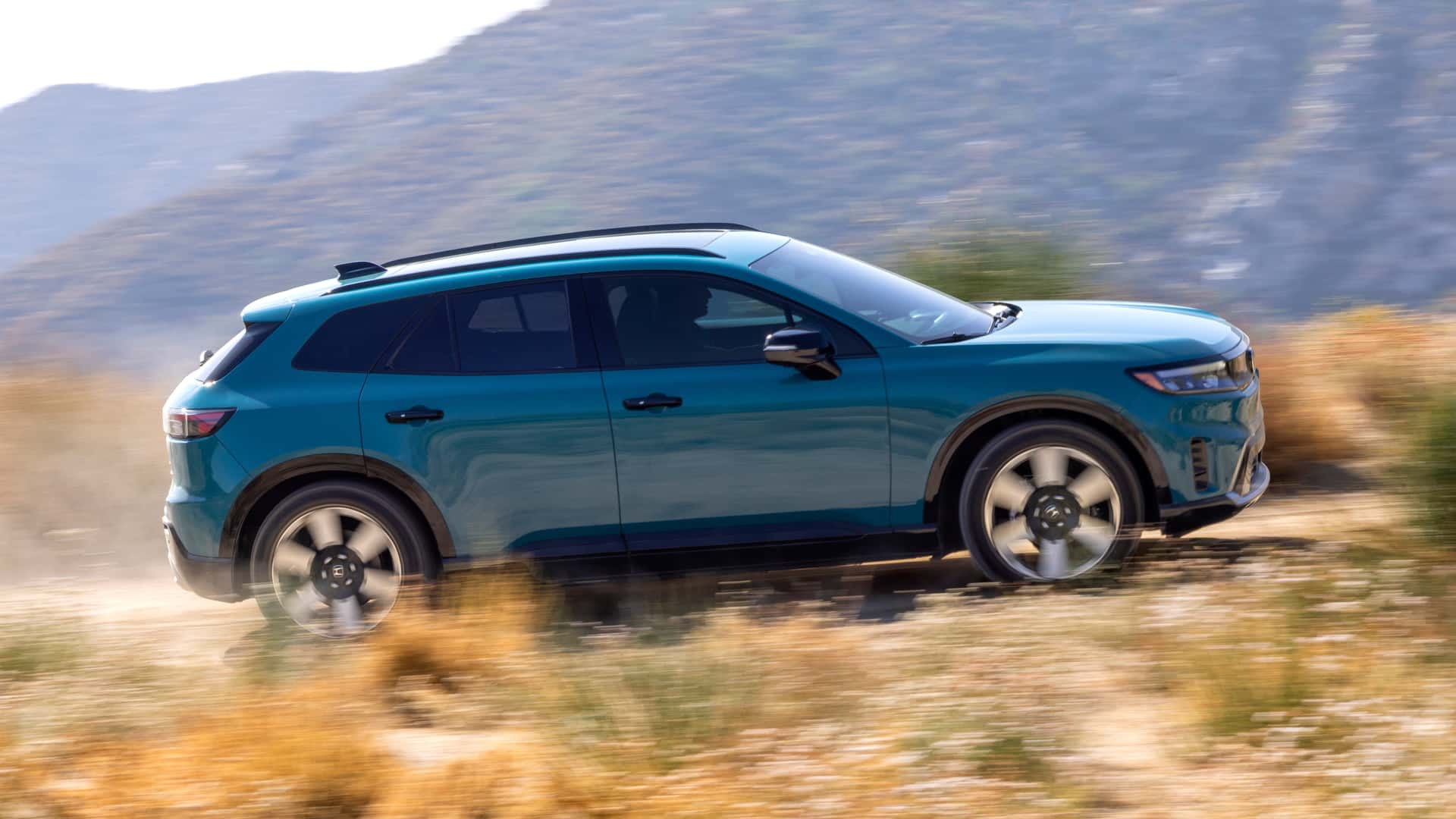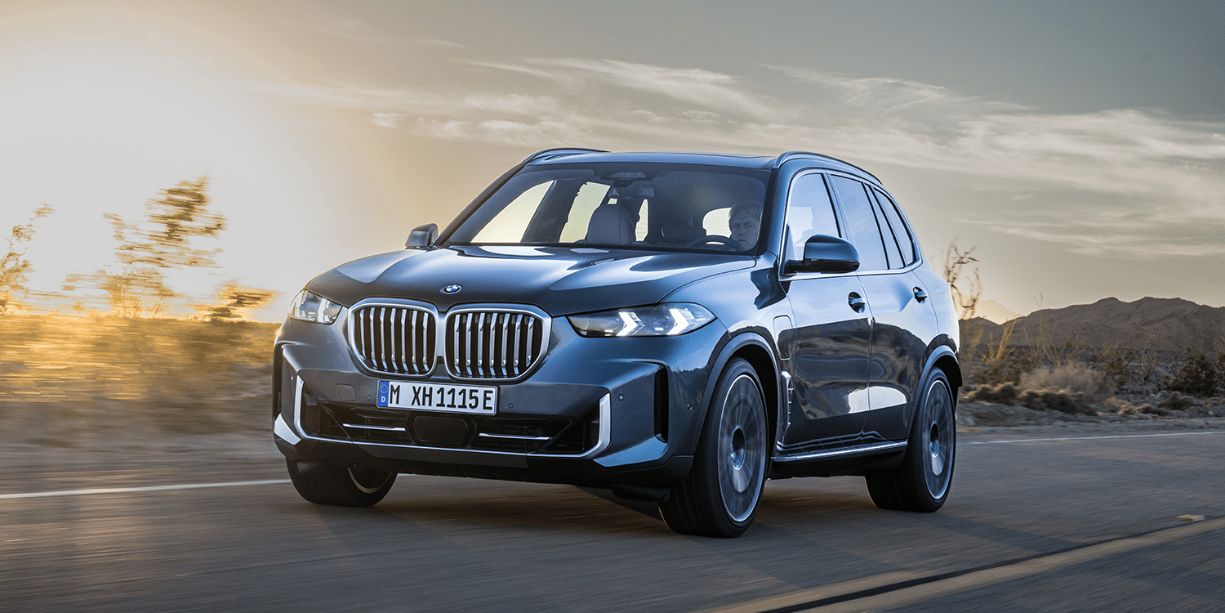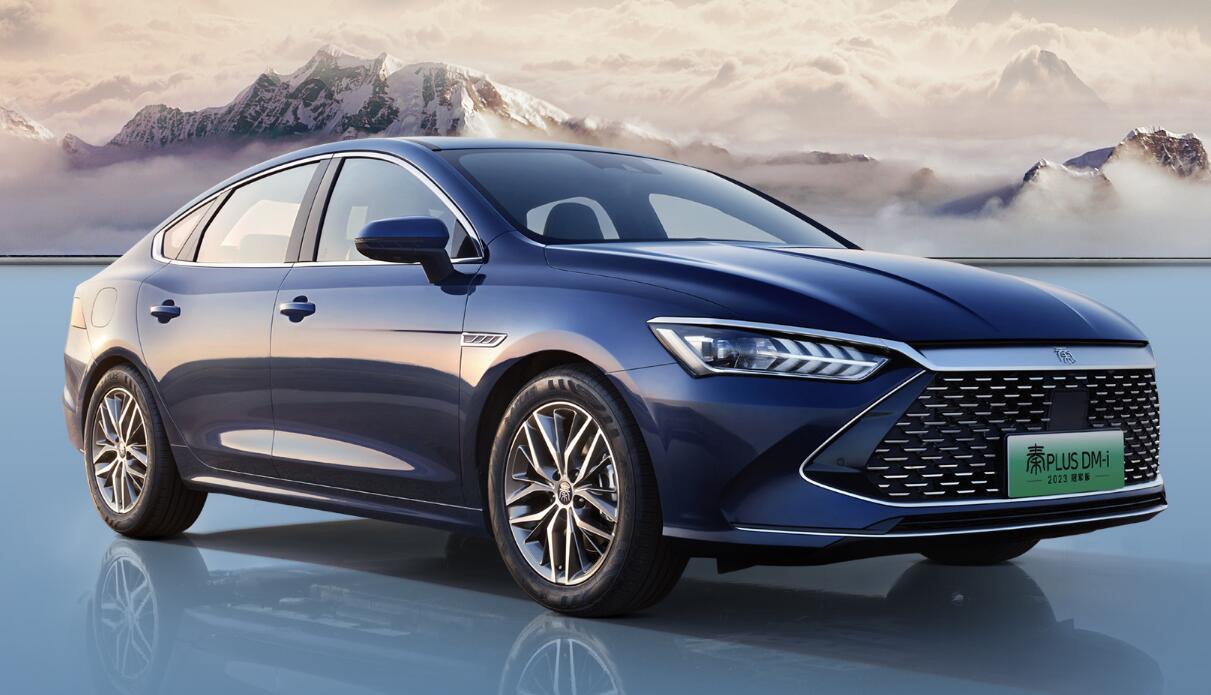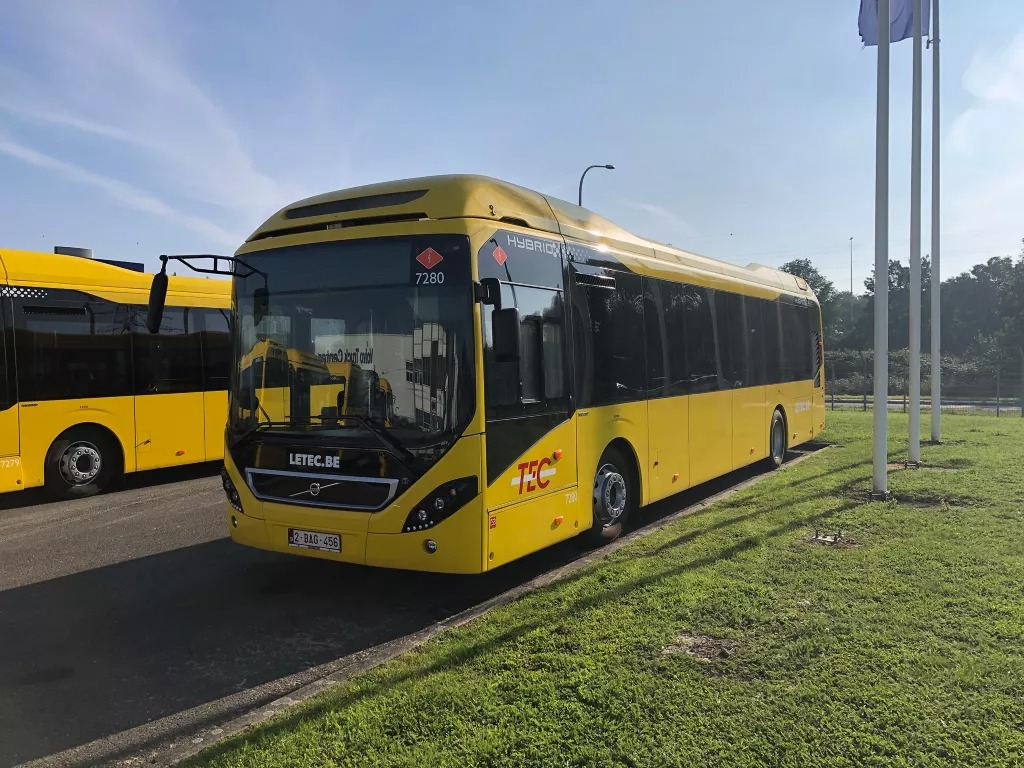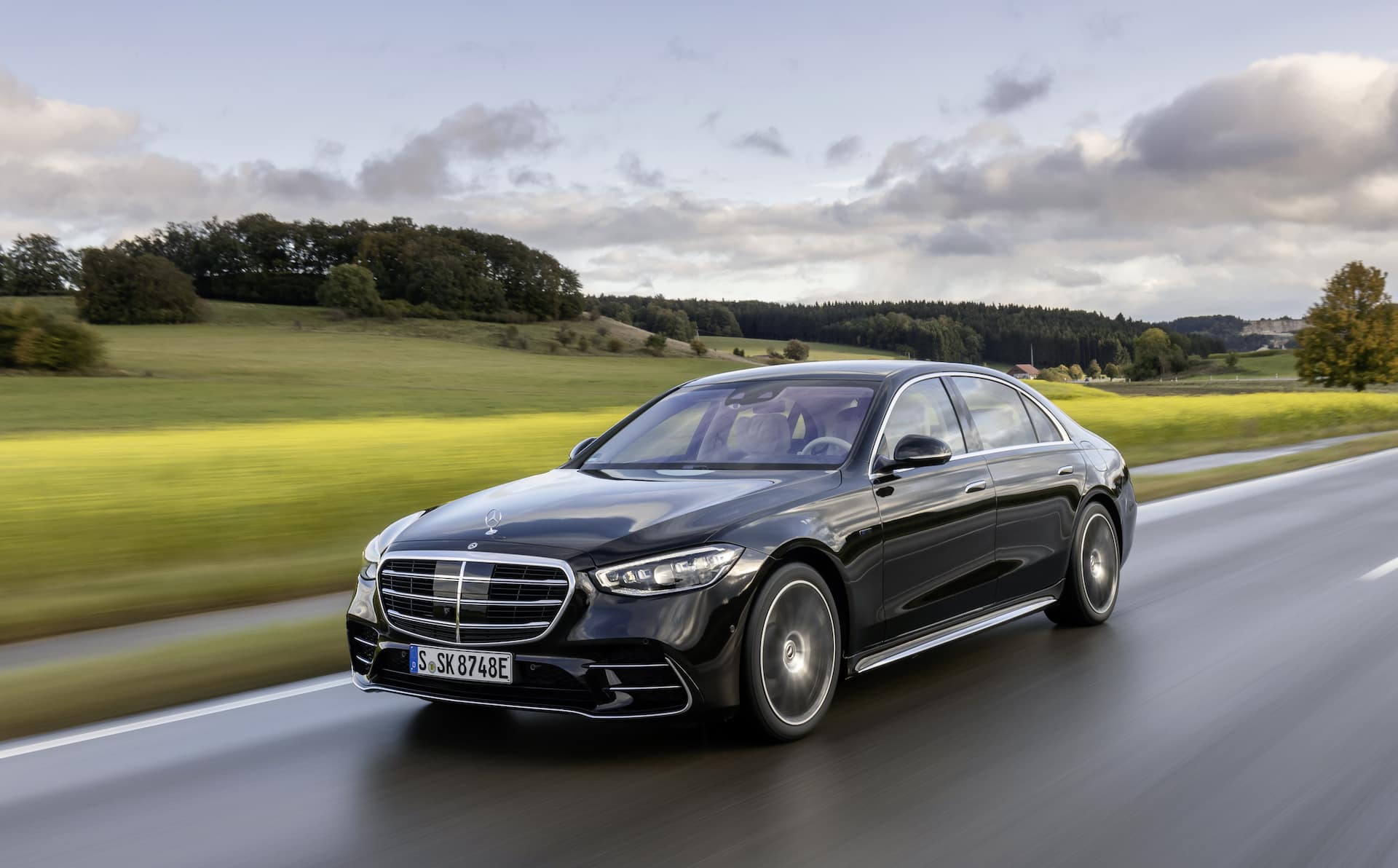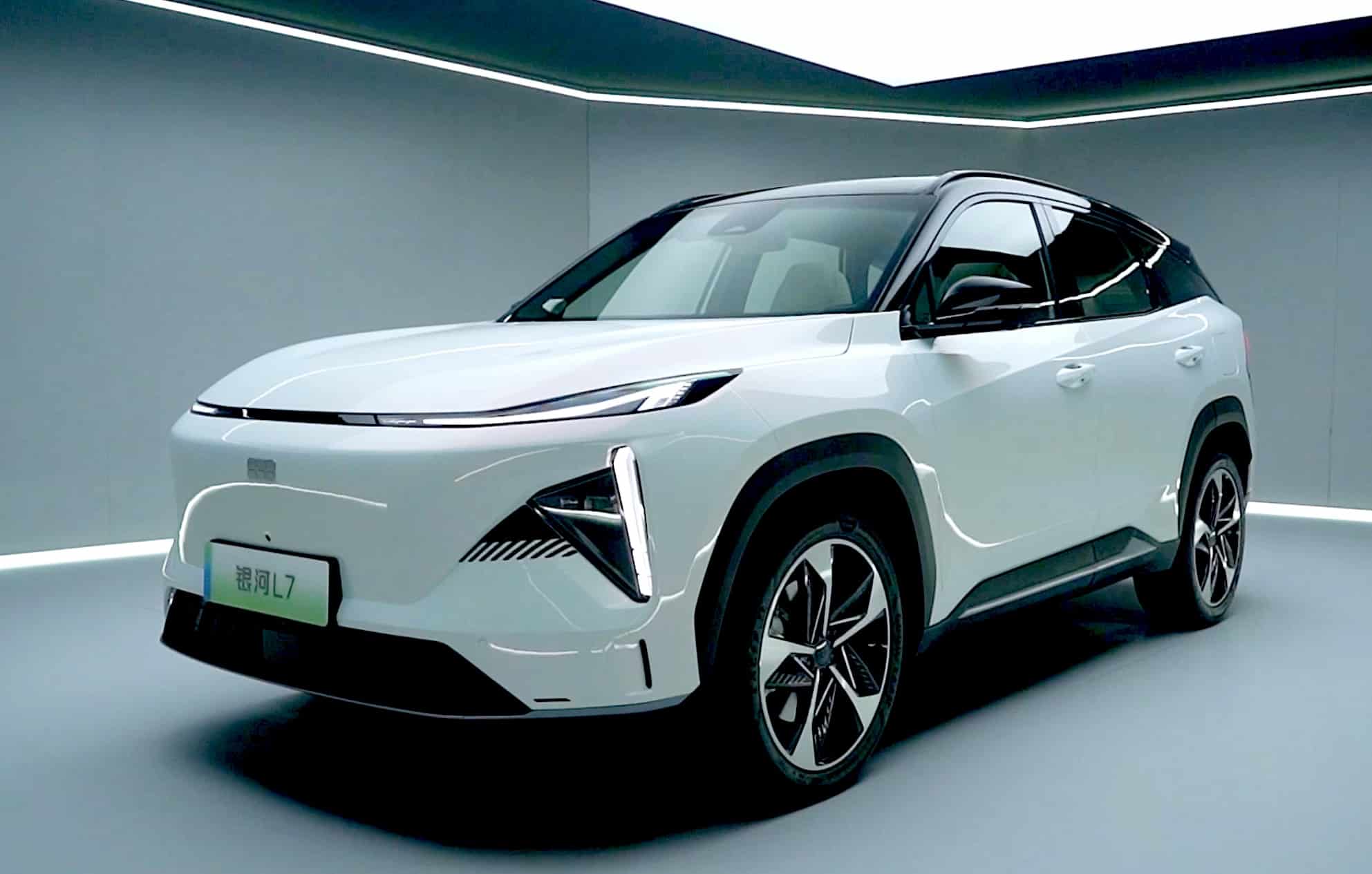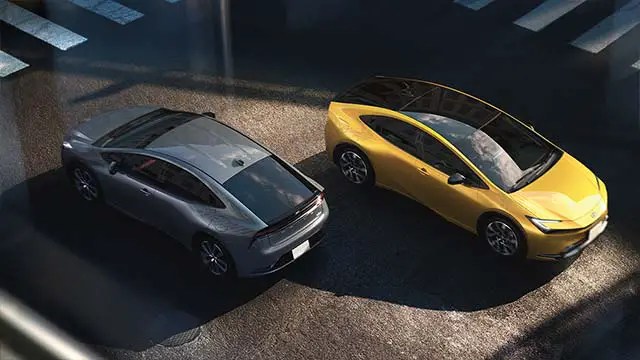Honda Motor plans to double its global hybrid car sales to 1.3 million units annually by 2030, up from 2023 levels, positioning hybrid vehicles as a transitional solution until fully electric vehicles (EVs) become more widely adopted, the company announced on Wednesday.
Starting in 2026, Honda intends to introduce more fuel-efficient hybrid systems for its compact and mid-sized models, overhauling engines, platforms, and control technologies. The move comes as demand for gasoline-electric hybrids continues to rise, particularly in North America, Honda’s largest market, while the expansion of electric vehicles slows.
“Hybrids will serve as a bridge until EVs become fully widespread,” said Katsuto Hayashi, Honda’s automobile operations chief. “Perhaps Toyota’s Prius may come to your mind when you think of hybrids, but I believe we can change the game,” Hayashi added, emphasizing that Honda would not alter its development and investment strategies in response to the political landscape in the United States.
Despite plans to boost EV production to over 2 million vehicles by 2030 and achieve an all-EV and fuel cell vehicle lineup by 2040, Honda is betting on hybrid cars as a crucial part of its near-term strategy, similar to Toyota’s approach. The company aims to reduce costs by using shared components across its models and anticipates doubling the per-vehicle gross profit from hybrid models at U.S. production sites after 2027.
Honda has not disclosed specific fuel efficiency targets but stated its goal is to achieve performance levels “comparable to, or better than” the best hybrid competitors. While the company focuses on EV development in China, where competition from local manufacturers like BYD is strong, it will also introduce next-generation hybrid models, though the 2030 hybrid sales target excludes the Chinese market.

